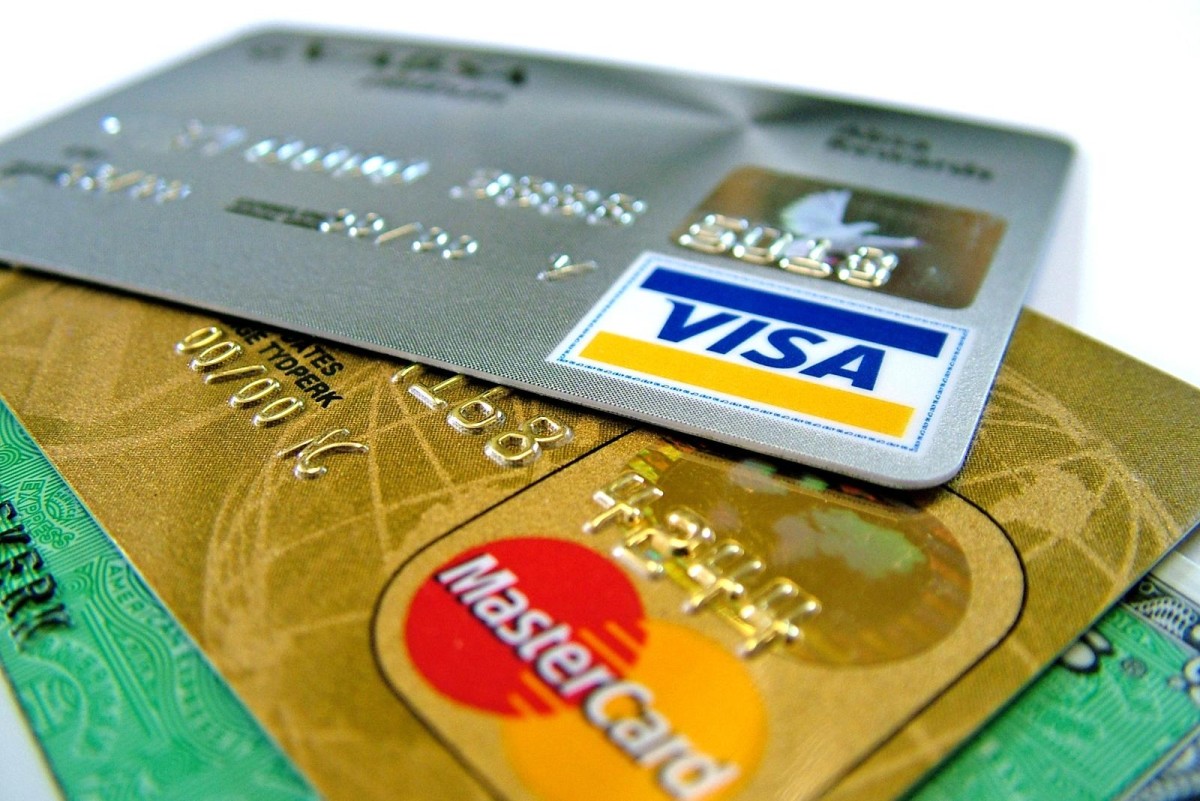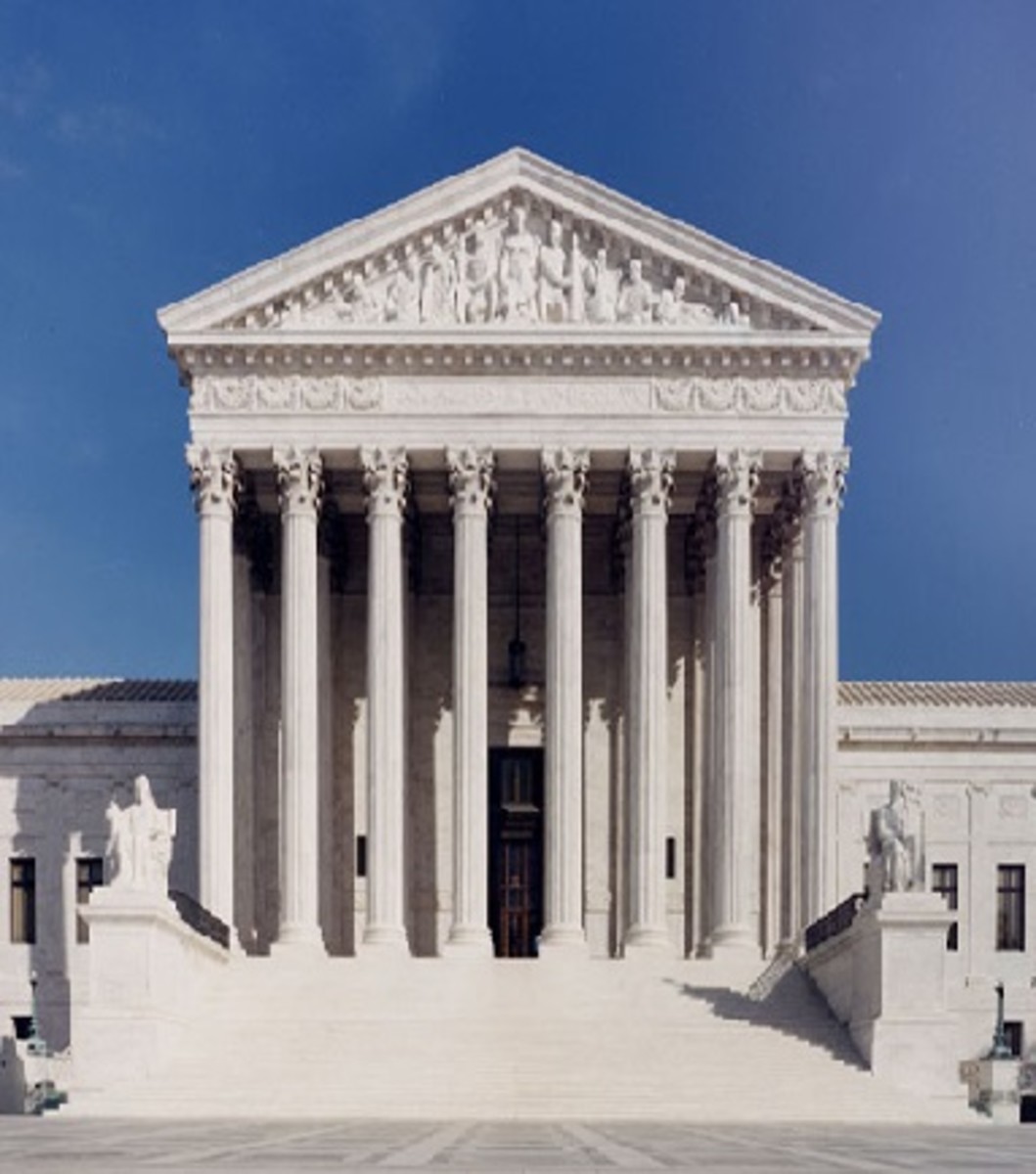Six Steps to Break the Debt Cycle
Getting the Debt Burden Off
Everyone probably knows that being debt free is better than having debt. However, getting to debt free status is a lot more difficult than a mathematical equation. There are emotions tied to debt, habits that create debt, and opinions that support debt that must be dealt with.
Just as many people have lost hundreds of pounds no the yo-yo diet only to still be overweight, many have paid off thousands of dollars in debt and still find themselves over their head in debt.
How does one truly get and stay debt free. In this Hub I am going to deal with six key areas that you must deal with if you are going to approach this endeavor successfully.
**WARNING**
Some of the items I discuss may tick you off, but they need to be dealt with!
Step One: A Four Letter Word
Nobody likes four letters words, especially when they are used to describe you. However, one of the biggest emotional and physical obstacles to overcome is a four letter word called "Lazy."
You are not going to wake up one morning debt free unless some wealthy uncle dies and leaves you a boat load of money. You are going to have to buckle down and do things that you are currently not doing. Step One kills most peoples intents of becoming debt free.
There is an emotional laziness (purposing to become debt free and resisting thoughts to abandoning the plan) that one must conquer and there is a physical (gathering all information of current debts and structuring a plan to pay them off) laziness that one must conquer to become debt free.
Until you make a deep conscious decision that you no longer want to live in debt you are not going to overcome the natural laziness that is present in your life that got you in debt in the first place.
Financial Life Poll
The Follow is True About My Financial Life
Step Two: False Evidence Appearing Real
The capsule subtitle is an acrostic that has commonly been used for the word FEAR. The fear of change hinders many people from accomplishing many things. Obviously, we don't know what is on the other side of where we are, if we have never been there before.
Just a week or so ago before writing this article I was in the country of Chili. I had never been to South America before therefore I really didn't know what to expect before I got there. The only way I was going to find out what was in this beautiful country was to visit it.
We all get comfortable where we currently are. It is a part of humanity that learns to live in its current environment. The same is true with living in debt. You can easily entertain the idea that it will be painful to get out of debt, that you are too far in debt, or that you will never have anything if you start paying off your debts. All of these are simply false evidences appearing real. You are being handicapped by fear.
Until you deal with the emotions tied to the fear of change you will never fully do what it takes to change your financial life.
Random Facts about Finances
- 50% of Americans have less than one months income saved.
- People spend 12-18% more when you buy with a credit card
- 75% of households don't have a budget
- You can save over $100K during your work career by bringing your lunch
Step Three: The Sacrifice
Don't you hate the word "sacrifice?"
Crossing what I call the "Corridor of Transition" is one of the hardest things you will ever do. What is the corridor? It is what it takes to get from one state of life to another.
Consider weight loss again. If you are 100 pounds overweight, what it will take to loose the 100 pounds is more than what it will take to maintain the weight once the poundage is gone. The time of losing the weight is the corridor in this example.
Financially speaking, the corridor is the transition period of getting the debt paid off. Many people are unwilling to sacrifice things in order to achieve their goals. None of us like sacrifice, but sacrifice is required for all valuable items in life.
In our modern culture people think that cell phones are necessities. They're not! People lived very productive lives without them. There are many things in our lives that are not necessities such as HD TV (or TV at all for that matter), Internet, eating out, a new car, etc. Yes, we all like these things but they are not required for life.
There are all kinds of ways to get out of debt, but if you are unwilling to sacrifice then you will never achieve long term financial freedom. On the other side, sacrificing builds something into our character that will produce long lasting affects. The more you sacrifice the faster you can get out of debt. Stripping away every non-essential is actually liberating. You really should try it!
Step Four: Look at Me!
I remember years ago a family member drove up in their new BMW. Everyone around was making a big deal over such a nice car. I knew they couldn't afford to buy a BMW so I figured they must have leased it (leasing is designed to help people buy cars they can't afford).
I looked the car over and said, "Wow! That's really nice, did you buy it or lease it?" If looks could kill! Talk about spitting mad as I just blew the appearance that he was rolling in money. This look at me keeping up with the Jones mentality has kept so many people in debt.
In fact, the reason that so few are willing to sacrifice as talked about above is because of this appearance factor. What would people think if you don't have the latest smart phone?
Until you stop caring about what people think of you and start doing what is best for you, you will never break the cycle or power that debt has over your life.
Step Five: The Addiction
One thing that many don't realize is that there is an addiction that is associated with debt. We can be both addicted to the stuff we are buying and also addicted to the process of buying. There is a euphoria associated with purchasing things. It is no different than any other addiction. There are certain emotional feelings that accompany the buying process.
As with any addiction you have to break the power of it over your life. One of the surest ways of breaking this power is to change the way you think about debt and the buying process. Instead of seeing the buying process as empowering you are going to have to see the investing process as empowering. Right now you probably look at investing as costing you money. This is all perception or the way you look at things. Debt is robbing you of financial freedom. Until you change how you view things you will remain addicted to the stuff.
Step Six: The Easiest Step
The final reason why people don't make the transition from a life burdened with debt to the freedom of being debt free is simply because they don't know how.
If you stop and think about your schooling. You spent 13 years from Kindergarten to High School graduation. How much of your schooling was actually dedicated to teaching you have to handle money? For most, absolutely none! Don't feel bad if you don't know how, just make the decision that you are going to learn.
There are a ton of step-by-step plans out there that can teach you how to handle your money. For less than $20 you can purchase a book that can take you to broke and in debt to debt free and accumulating wealth. All it takes is a little effort.








